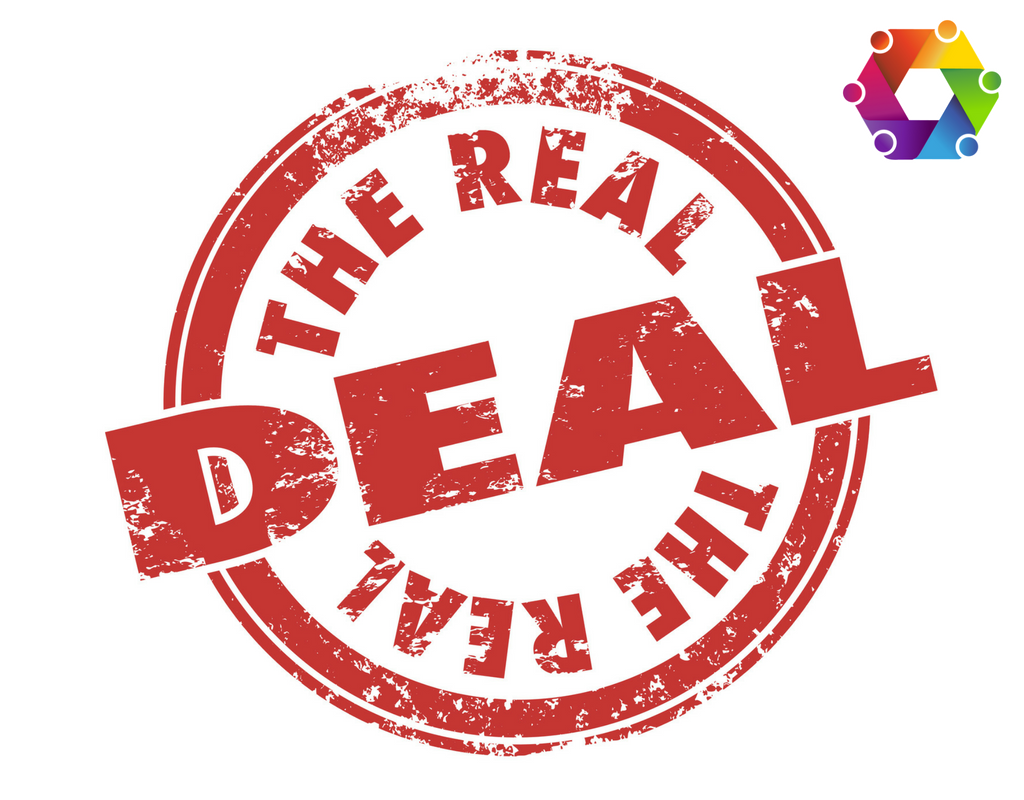The Origin Of Authentic
It’s important to be authentic. We hear this overused word pop up in just about every occasion. Whether it’s in a sales meeting or coaching material it will show up. There is nothing wrong with showing up, as long as it’s in the right context. When the word originated in the mid fourteenth century it meant ‘authoritative or duly authorised’. Over the years it has come to mean that whatever the subject is, the facts are true.
Authentic and genuine tend to replace each other in conversation. Yet while the former refers to the topic, genuine refers to the author of the topic as being real. The difference being that while authentic relates to the facts as true, genuine relates to the author being real. People might prefer to be called genuine instead of authentic. It makes us a subject not a topic. It also draws into question what we mean when we claim we are authentic.
Authentic In Everyday Use
We try hard to establish our credibility. We list our education, training or experience. Putting all of that into one word probably doesn’t do justice to our efforts. Yet that seems to be what we are conditioned to do. We feel that we need to use contemporary jargon to define ourselves. That however tends to make everyone run with the herd. Society overlooks individuality. We lose the value of our unique self.
In a recent conversation I was talking with a colleague about being comfortable. I was challenging her view on authenticity and being comfortable with who you are. She called me later in the day to say that she had remembered a Ted talk. The definition on the talk was ‘managing and negotiating the discomforts of everyday life’. That sounds challenging. Somehow authenticity seems to have more impact as an action compared to a state.
